US President Donald Trump speaks at a press conference at the White House. (Photo: THX/TTXVN)
On July 31, US time, US President Donald Trump signed an executive order imposing new reciprocal taxes on imported goods from many countries, with tax rates ranging from 10% - 41%.
Accordingly, the US's reciprocal tax rates for each specific country and group of countries are adjusted as follows:
Syria 41%; Laos and Myanmar 40%; Switzerland 39%; Canada, Iraq and Serbia 35%;
Four countries are subject to a 30% tax rate, including South Africa, Algeria, Bosnia-and-Herzegovina and Libya;
Five countries are subject to a 25% tax rate, including Kazakhstan, Moldova, India, Brunei and Tunisia;
Three countries and one territory are subject to a 20% tax rate, including Bangladesh, Sri Lanka, Vietnam and Taiwan (China);
6 countries subject to 19% tax, including Cambodia, Indonesia, Malaysia, Pakistan, Philippines and Thailand; Nicaragua 18%.
39 countries are subject to a 15% tax rate, including Afghanistan, Angola, Bolivia, Botswana, Cameroon, Chad, Costa Rica, Côte d'Ivoire, Democratic Republic of Congo, Ecuador, Equatorial Guinea, Fiji, Ghana, Guyana, South Korea, Iceland, Israel, Jordan, Lesotho, Liechtenstein, Madagascar, Malawi, Mauritius, Mozambique, Namibia, Nauru, New Zealand, Nigeria, North Macedonia, Norway, Papua New Guinea, Trinidad-and-Tobago, Turkey, Uganda, Vanuatu, Venezuela, Zambia, Zimbabwe and Japan;
The four countries with the lowest tax rate of 10% are Australia, Brazil, the UK and the Falkland Islands.
According to the decree, imported goods from countries not listed in the annex will be subject to a 10% tariff. President Trump emphasized that some partners, although participating in negotiations, "offered conditions that were insufficient to address trade imbalances or did not demonstrate similarities with the United States on economic and national security issues."
However, in addition to the reciprocal tax, some countries are subject to additional taxes such as Brazil, with the final total tax rate reaching up to 50%.
As for Mexico, the country has been given a 90-day extension before imposing a 30% tax on many products to have more time to negotiate a more comprehensive trade agreement./.
According to VNA
Source: https://baothanhhoa.vn/thue-quan-cua-my-cac-muc-thue-doi-ung-moi-cua-my-voi-cac-doi-tac-thuong-mai-256674.htm


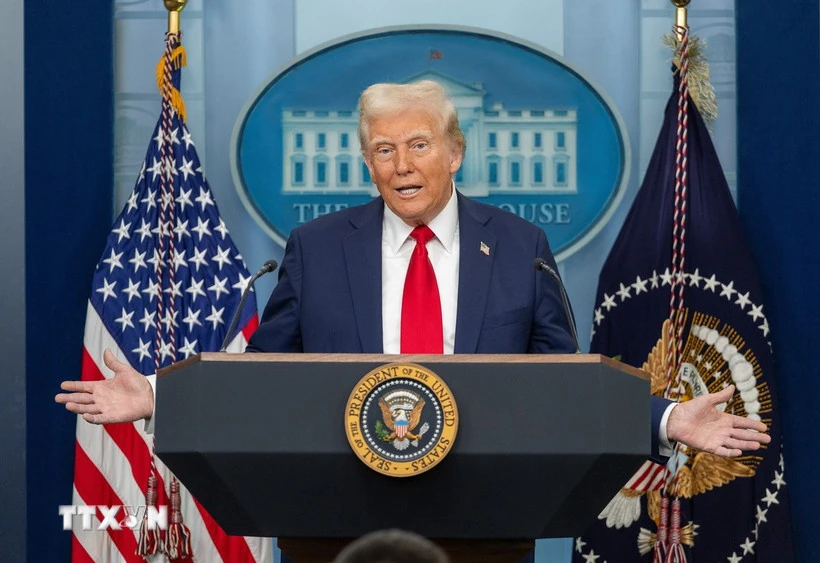





![[Photo] Prime Minister Pham Minh Chinh receives Lao Minister of Labor and Welfare Phosay Sayasone](https://vphoto.vietnam.vn/thumb/1200x675/vietnam/resource/IMAGE/2025/11/11/1762872028311_dsc-2246-jpg.webp)











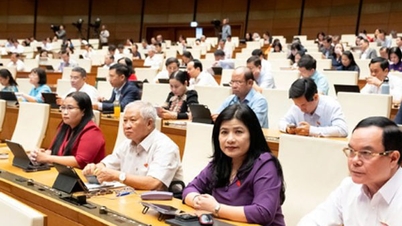

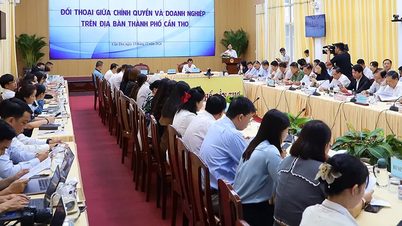



























































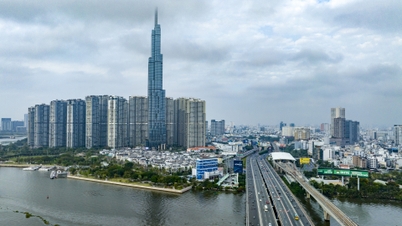
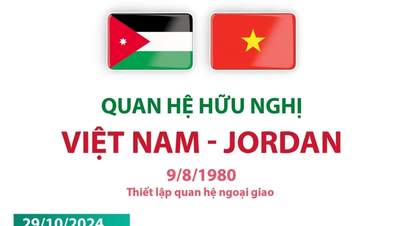













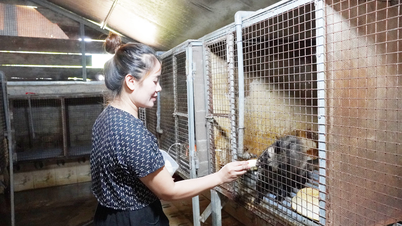




![Dong Nai OCOP transition: [Article 3] Linking tourism with OCOP product consumption](https://vphoto.vietnam.vn/thumb/402x226/vietnam/resource/IMAGE/2025/11/10/1762739199309_1324-2740-7_n-162543_981.jpeg)







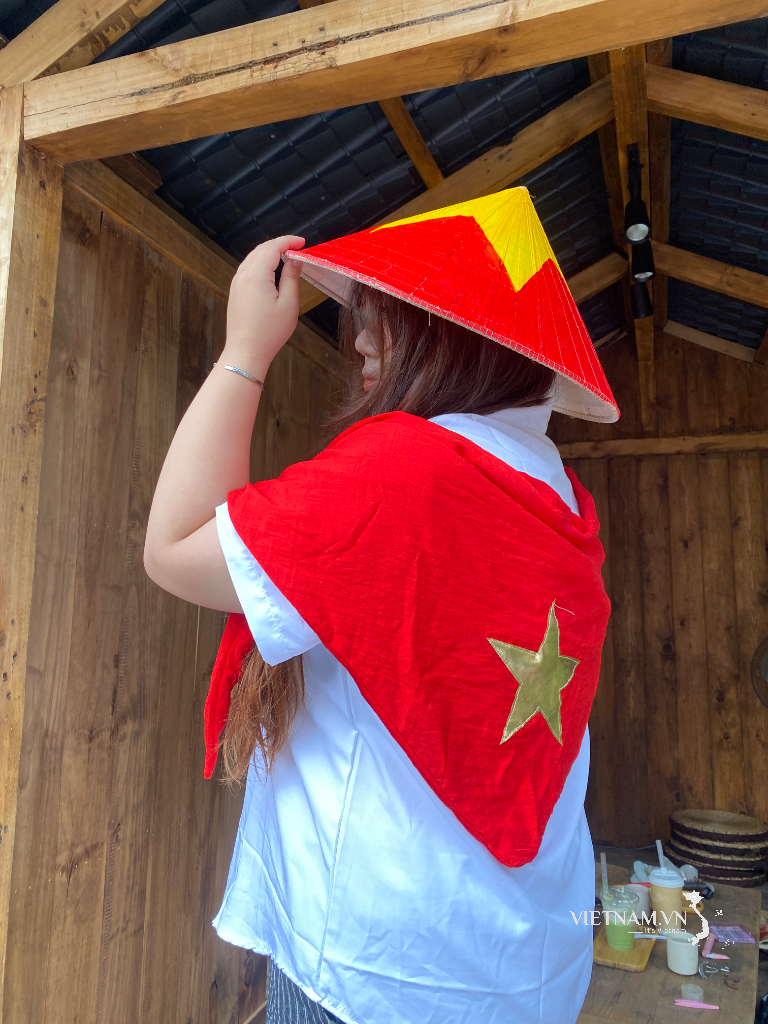
Comment (0)